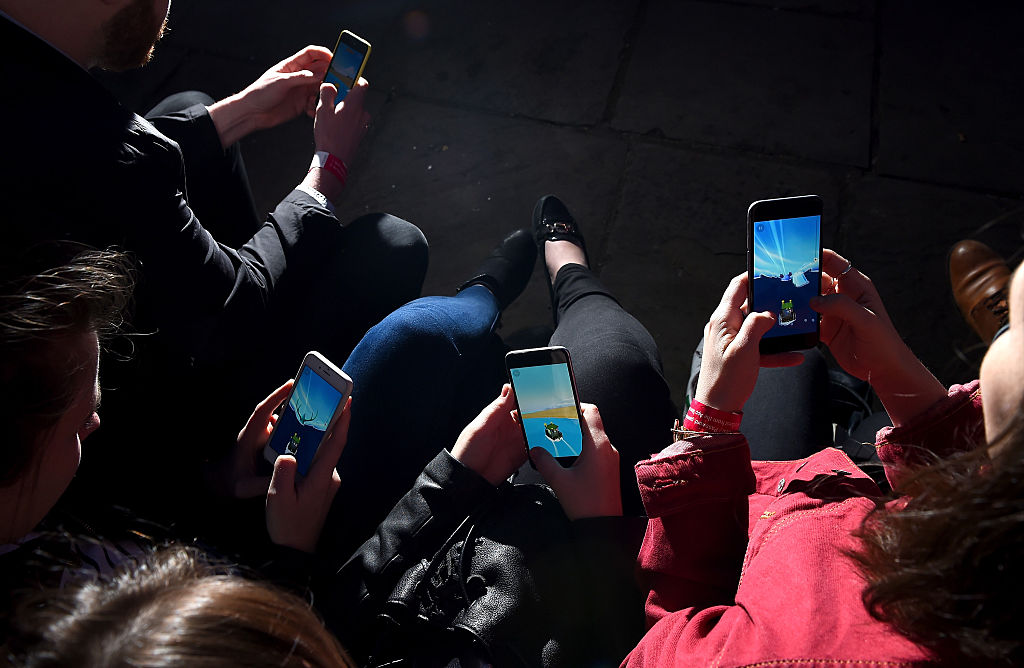As Love Island enters its final fortnight and the ink dries on the annual moralising thinkpieces, decrying a younger generation happy to flaunt their bronzed bodies and sex lives before the viewing public, a new survey reminds us of the more depressing reality: that young people are less debauched than ever.
According to the British Pregnancy Advisory Service, teenagers are much less likely to have sex, or drink, and are as happy spending time with their families as with their peers. Of 1,000 16- to 18-year-olds, two-thirds said they had never had sex. And 24 per cent said they had never drunk alcohol. It’s further proof of what has previously been dubbed the ‘rise of the sensible teenager’.
So, what are young people up to if they’re not trying to get off with one another while pickled in Frosty Jack’s? They’re getting serious about their future job prospects, apparently, and spending an awful lot of time on social media. Eighty per cent of the teenagers surveyed said education and career development were their top priorities – though they still find time to spend as much as five hours a night online.
Teenagers are not just dodging sex and booze – they’re partaking in less of all of the usual vices. In 2014, the Department of Health found that teenage smoking rates had dropped by two-thirds in a decade. And a 2013 NHS survey found that only nine per cent of school pupils believe it is even acceptable to smoke cannabis, compared with 23 per cent of the general population.
This socially conservative trend also stretches beyond school. The Office for National Statistics says that smoking rates are declining fastest among 18- to 24-year-olds. As Fraser Nelson put it, we now live in ‘Ab Fab Britain’, in which youngsters are being out-drunk by their grandparents, and less likely to catch STIs than their parents.
So what’s behind this puritanical shift? Social media often gets the blame, as it does for everything these days. And, indeed, the BPAS survey suggests that less than a quarter of the teenagers surveyed socialised with their peers face to face as often as they did online. But everyone’s on social media nowadays – Facebook has been conquered by the middle-aged – and yet it doesn’t seem to have stopped any other age group having a good time.
Instead this looks more like failure of nerve among young people in general, a new fear of striking out into the world. This can’t just be about young people choosing the top grades and the top jobs over having fun. If it were, then surely more of these high-flyers would be moving out sooner: the proportion of young people who said they were struggling financially more than halved between 2009 and 2014, and yet the number of 20- to 34-year-olds living at home recently hit an all-time high.
The paradox of young people today is that they’re both more serious and less worldly than ever before. They’re watching people try to have sex with each other live on TV, but having much less of it themselves. They’re working on their CVs into the wee hours, but living at home into their thirties. They’re confusing being sensible with being grown up – and missing out on a lot in the process.
Tom Slater is deputy editor of spiked







Comments